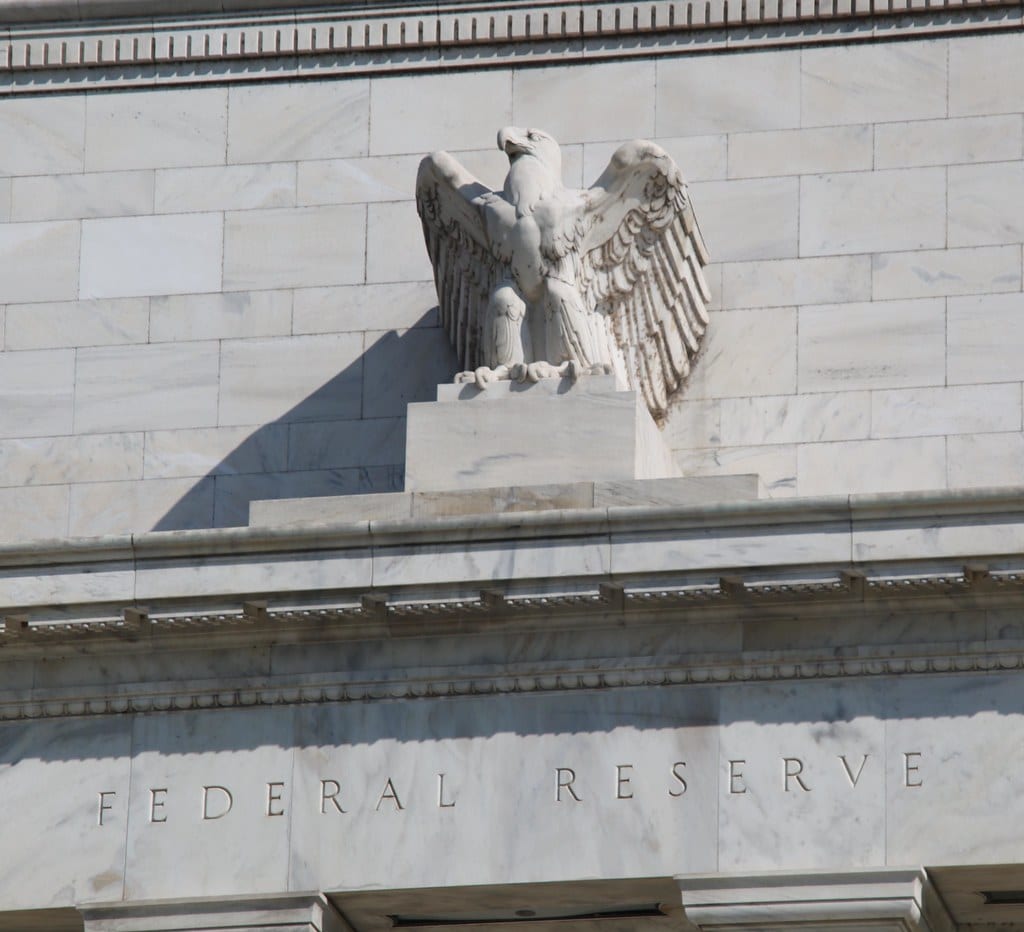So, is Elon Musk the world’s greatest entrepreneur or some blowhard who got lucky? Yes. So, that’s that little question dealt with. On the other hand, we’d like to know more about why Tesla (NASDAQ: TSLA) shares keep going down. Is this because Musk is a genius entrepreneur or a blowhard who got lucky? Yes.

Or, in again more detail. Sure there are worries about Musk’s attention being diverted from Tesla to Twitter (NYSE: TWTR), (and no longer traded), and so much so that when Musk runs a Twitter poll asking if he should step down as CEO there, then Tesla stock rises. This is an indication that Tesla shareholders run with the great entrepreneur story – or, perhaps, let’s keep the guy with the luck.

It’s not to say that Musk is always going to get everything right, that every adventure will come good. But he does seem to have the knack of building actual businesses – Zip2 to PayPal to SpaceX to Tesla isn’t a bad record, plenty of people we regard as entirely successful entrepreneurs manage only one of those, not four in a row.
It’s also true that we can have a look at Musk actions that were less than wholly satisfactory. Paedo Guy, buying into Bitcoin, tweets about funding secured and all that. However, one recent point where Musk is absolutely and indubitably correct – the recent underperformance of Tesla stock. Yes, we can think about how he’s been selling multi-billion chunks and so increasing market supply but there’s also something deeper than that.
As Musk says: “”We don’t control the Federal Reserve,” the CEO of Tesla, SpaceX and Twitter added. “That is the real problem here.” “This isn’t a problem just for Musk and it’s something we need to think about more formally.

Stocks pay dividends (well, they do when the company’s mature) and bonds and bank accounts pay interest. Interest rates have been lousy, no good, nothing, these past 15 years. That’s now changing and that means the relative prices of bonds (and bank accounts) are changing with respect to stocks. A part of this is stocks falling in value.
There’s another effect here too, which is that growth stocks become less valuable relative to dividend paying stocks. Those promises of income and returns in the future are worth less than pennies in the hand right now. That’s just what a secular rise in interest rates means, money now becomes more valuable with respect to future cash.
Musk is quite right that Tesla, being a growth company not paying a dividend as yet, becomes worth relatively less as compared to income producing investments as interest rates rise. It’s not – wholly, entirely at least – his fault that is.
We do need to go one step further than this though. Which is that nominal interest rates have risen – the Federal Funds Rate from essentially nothing to 4.25% to 4.5% now. But the inflation rate is 7.1% now, meaning that interest rates are actually minus 2.5% and change. This complicates the calculation of relative values in the short term but the current market bet is that this is a temporary situation. We all expect inflation to fall next year – and some fall is absolutely inevitable as the energy price rises drop out of the calculation 12 months after they happened – and we can expect – expect! – positive real interest rates.
This though isn’t exclusive to Tesla, this is true of all companies. It’s even true of the different instruments for the same company. This is also true for both reasons. Money now is worth more than money then when we have positive real interest rates. Therefore, bonds become worth more than the equivalent equity – whether in the same company or just paying the same interest/dividend. Not absolutely more, but relative to our starting position. It’s also true that dividend paying stocks become more valuable compared to growth stocks at the same time. There’s also not much that any management can do about this, it is the Federal Reserve causing this, not individual corporate performance.
Of course, it’s also true that managements that aren’t getting it right, thus suffering falling stock prices, will point to this truth and insist it applies to them. That’s something that isn’t necessarily true. Even within such sectoral shifts there will still be differences in performance specific to individual companies and managements. Which really brings us back to that original question about Musk, great or lucky? Because what he tells us can be, is probably, entirely true but then he’d be saying the same thing even if it wasn’t.